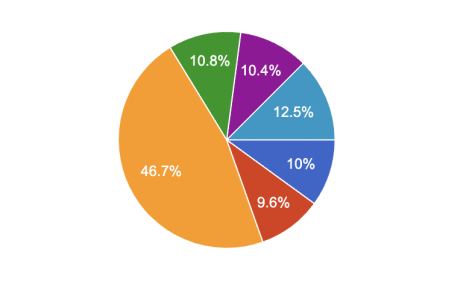What is Time? (Definition)
April 27, 2022
I began to truly ponder the meaning of Time since I was a kid. When I was ten, I wrote a song surrounding this complex topic entitled “What is Time?”, whose lyrics entertained the existential question that does not typically burden many children: “what happens when you die?”
As I’ve gotten older, I constantly find myself wondering about this idea of Time and what it truly signifies. I think that the reason for this is spawned from my fear that no one truly knows the answer.
We have tried to comprehend this life we have been granted through the man-made construct of a numerical system of measurement. When the sundial proved ineffective, we created a better system to cope with the invisible movement of Time. 60 seconds in a minute, sixty minutes in an hour, twenty-four hours in a day, and so on. And we go on with our days like this, creating schedules for ourselves and setting points in which humanity, for the most part, agrees on eating breakfast and going to school and going to sleep. We don’t really question this.
But in an instant, we could completely change how we measure Time. We could rid the world of clocks and watches and forget about this system we created. However, humans are wired to live on a schedule. We uniformly want to be organized and to have our life planned out on calendars; we want an agenda. We want to create some sort of answer for what Time is, or else all chaos would ensure. Though, if we were to no longer recognize Time as numbers, Time itself would continue to move, and life would go on. If we didn’t associate sunrise with “7:30 am” the sun would rise anyway. This means that Time cannot be defined as the numeric values humans have assigned to it.
How does one define something that is invisible? We know Time is present, as we are born, and we age, and we eventually die, but its force isn’t tangible. One can’t fight it, for it is inevitable that we will lose the battle against Time in the end.






